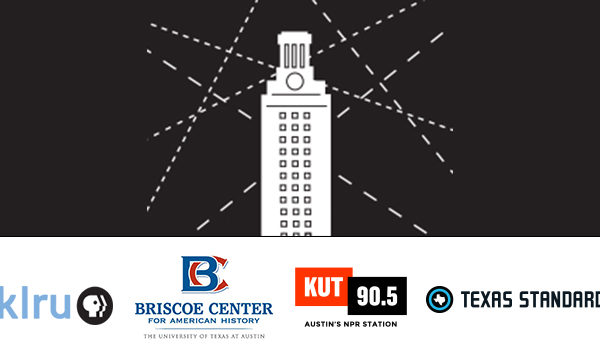Update: The Texas Ethics Commission has voted to end the investigation.
Dark money. Sounds evil, doesn’t it?
For the past several years, the Texas Ethics Commission has been mired in an investigation of a group called Empower Texans, a right-leaning organization that pushes a limited government agenda and supports candidates who share its values but does not disclose its donors.
As the clock has ticked on a high-profile complaint against the group, concerns have grown over whether the Ethics Commission has what it takes to do its job of policing campaign money.
David Saleh Rauf, Austin bureau reporter for the San Antonio Express-News, says Empower Texans, a 501(c)(4) nonprofit, “wields tremendous clout in conservative circles.” Rauf says the group issues scorecards grading legislators on their votes in office, offers endorsements that hold sway in Tea Party circles and dole out independent financing.
“They’re allowed to influence elections with mailers or TV ads,” he says, “without having to disclose their donors – a practice that’s been labeled ‘dark money’ and has become somewhat controversial in Texas over the last couple of years.”
Empower Texans has been in the spotlight of the “dark money” controversy because of this Ethics Commission investigation. Two Republican officials, who had been the subject of attacks by Empower Texans, filed complaints with the Texas Ethics Commission alleging improprieties in the group’s campaign finance activities. Political action committees (PACs) must disclose who gives them money, but nonprofits like Empower Texans aren’t required to do the same.
“[Complaints allege] that they didn’t report, fully report that their expenditures,” he says, “and also making an alternative argument that maybe this corporation acts more like a PAC and should have to actually disclose its donors.”
Rauf says the commission has required organizations to disclose donors if they reach a certain threshold of political activity. The Empower Texans investigation has gotten a lot of attention, which Rauf says could have ramifications for other 501(c)(4) organizations.
“There’s an ongoing tug-of-war between the Ethics Commission and these 501(c)(4) organizations that do not disclose their donors,” he says. “If the Ethics Commission is forced to back off of its most high-profile investigation into dark money … maybe the Ethics Commission will be less willing to indulge a big investigation of this nature.”
Post by Hannah McBride.

















